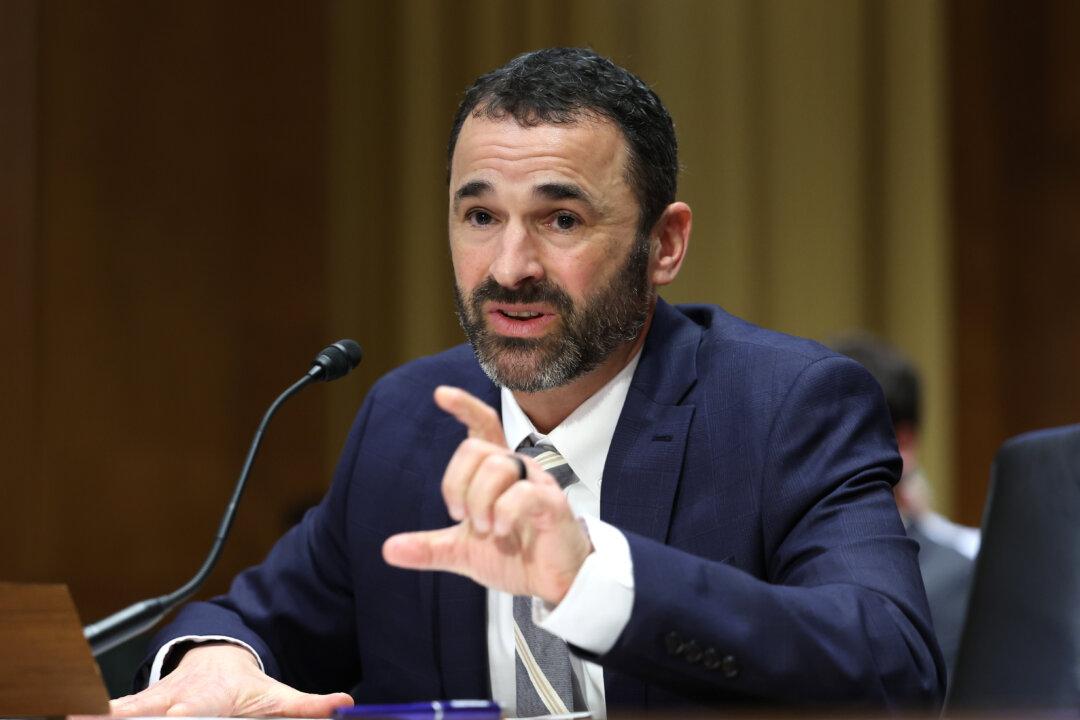Some Senate Republicans are worried that the IRS is placing an “overwhelmingly disproportionate” focus on enforcement in its latest budget requests and operating plan.
Airing those concerns at an April 19 Senate Finance Committee hearing, lawmakers grilled IRS Commissioner Daniel Werfel about his agency’s plans for the $80 billion increase in funding it is set to receive through the Inflation Reduction Act (IRA) and additional funds requested as part of President Joe Biden’s 2024 budget plan.





